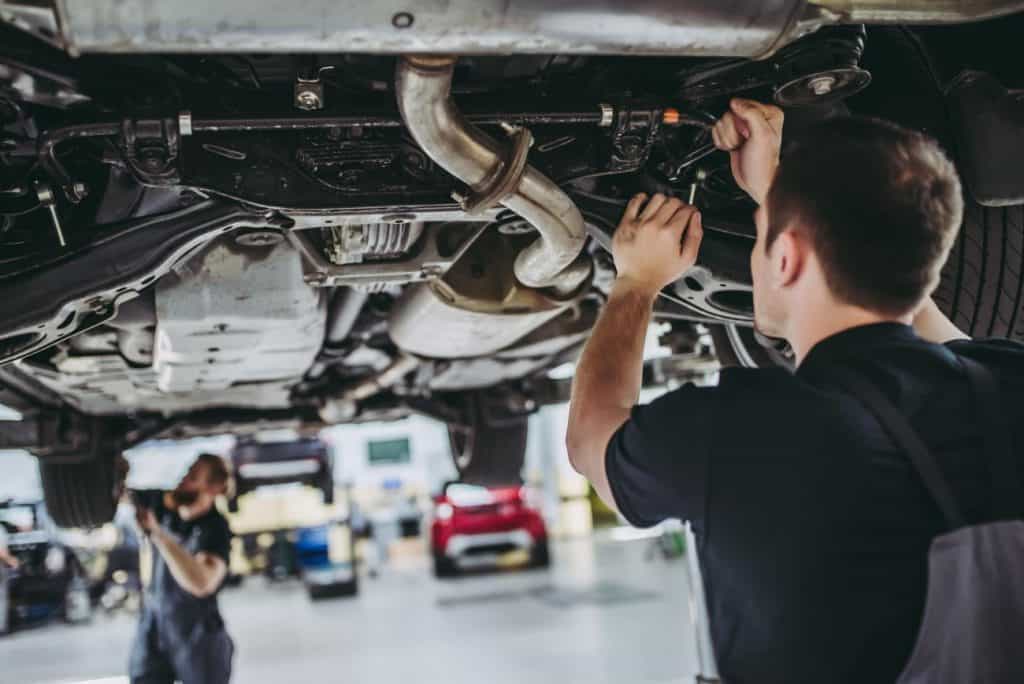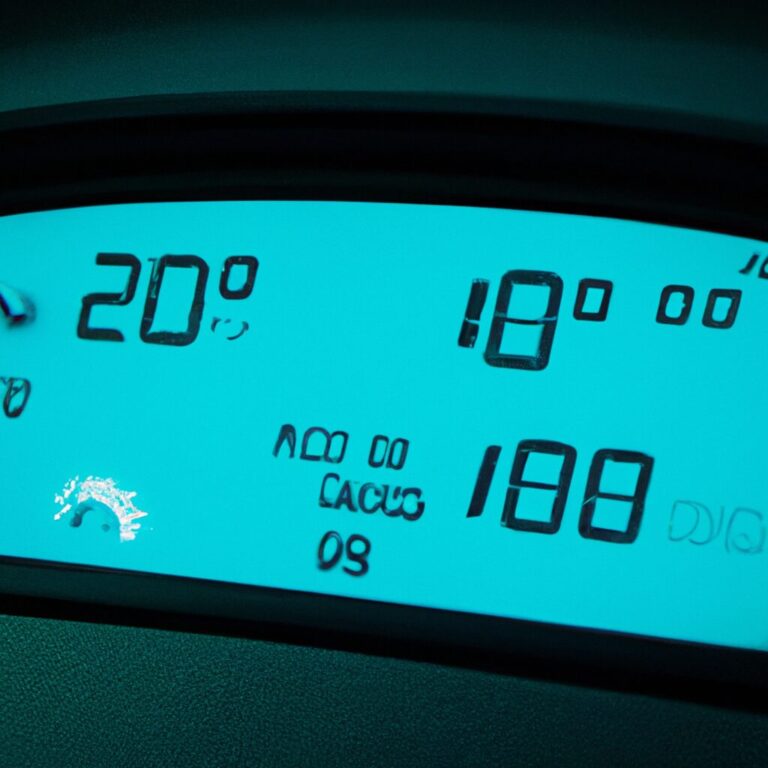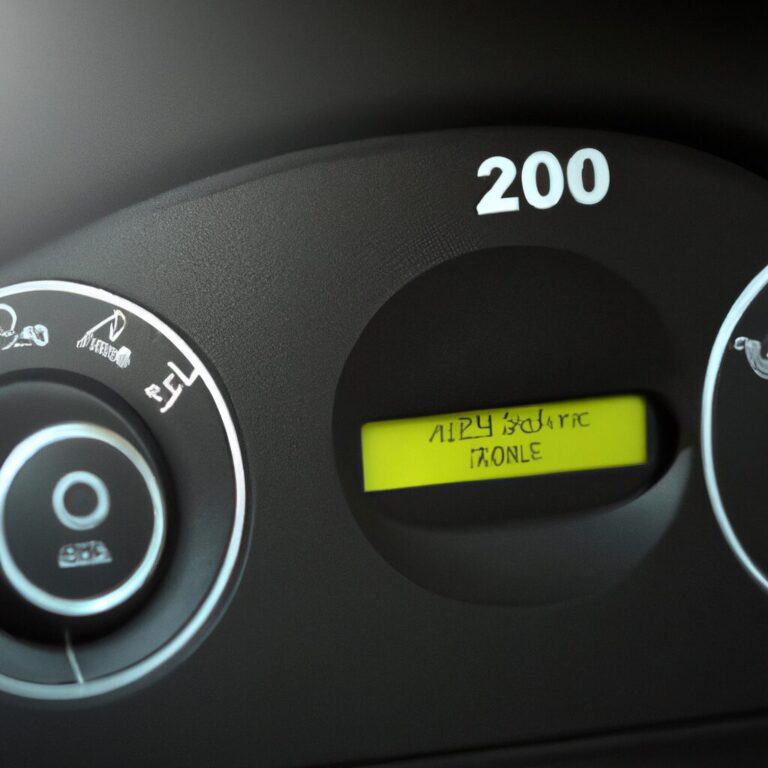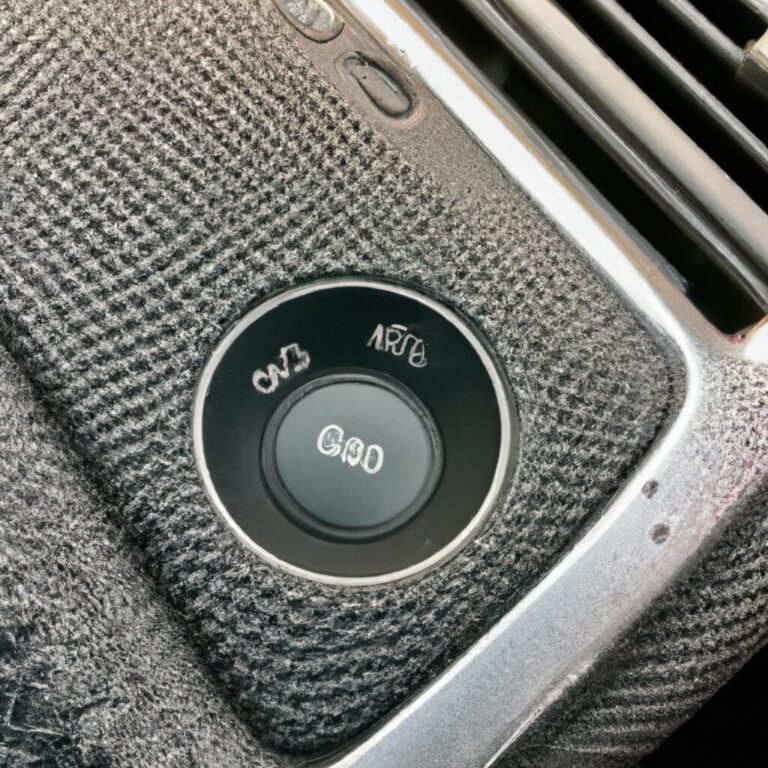Avoiding Costly Repairs With Car Diagnostics
Avoid costly car repairs with car diagnostics. Regular diagnostic checks can help prevent expensive automotive repairs and keep your vehicle running smoothly.
By identifying potential issues early, car diagnostics can save you money and prevent major breakdowns. From checking engine performance to monitoring the fuel system, these diagnostic tests can pinpoint problems and address them before they escalate. With modern technology, car diagnostics have become more advanced, allowing for accurate assessment of various vehicle components.
By investing in routine car diagnostic checks, you can increase the lifespan of your vehicle and avoid unexpected repair costs. So, stay proactive and utilize car diagnostics to maintain your car’s peak performance.
The Importance Of Regular Car Diagnostics
Regular car diagnostics are essential for maintaining the health and longevity of your vehicle. By regularly performing diagnostic tests, you can detect potential issues early, preventing major breakdowns and saving yourself from expensive repairs down the road.
Detecting Issues Early
One of the main benefits of regular car diagnostics is the ability to detect issues early on. Diagnostic tools are designed to monitor various components of your vehicle, including the engine, transmission, brakes, and electrical systems. By regularly checking these systems, any abnormalities or potential problems can be identified in their early stages.
Identifying issues early allows you to address them before they worsen, saving you from costly repairs that could have been avoided. For example, a diagnostic scan might reveal a minor issue with your engine sensors. If left unaddressed, this problem could escalate and result in significant engine damage. However, by catching it early through regular diagnostics, you can fix the sensor and prevent more severe engine issues.
Preventing Major Breakdowns
Regular car diagnostics also play a crucial role in preventing major breakdowns. When a vehicle experiences a breakdown, it can bring your daily routines to a halt and inconvenience you significantly. Not to mention, major breakdowns often come with expensive repair bills.
By regularly diagnosing your car’s systems, you can identify any potential weak spots or areas prone to failure. This knowledge enables you to address those areas proactively, preventing breakdowns from occurring in the first place. For instance, if a diagnostic test reveals a worn-out alternator, you can replace it before it fails completely and leaves you stranded.
Regular car diagnostics serve as a preventive measure, allowing you to catch problems before they escalate into costly and disruptive breakdowns.

Credit: carmon.abrites.com
Common Car Diagnostic Tools
Common car diagnostic tools are essential for identifying and resolving vehicle issues efficiently, ultimately saving you from costly repairs. These tools provide valuable insight into the performance of your car, allowing you to address any potential problems before they escalate.
On-board Diagnostics (obd) Scanner
An On-Board Diagnostics (OBD) scanner is a vital tool for detecting and diagnosing problems within a car’s engine and other vital systems. It connects to the vehicle’s onboard computer system to retrieve diagnostic trouble codes, providing valuable information about various issues such as engine misfires, airbag malfunctions, and transmission problems. The OBD scanner enables car owners and mechanics to pinpoint specific issues, leading to timely and accurate repairs.
Diagnostic Code Reader
A diagnostic code reader is an essential device for interpreting the diagnostic trouble codes retrieved by the OBD scanner. It helps in translating the codes into layman’s terms, allowing users to understand the specific issues affecting their vehicle. By accessing this information, car owners can make informed decisions about seeking professional assistance or attempting repairs themselves, potentially avoiding expensive trips to the mechanic.
Key Benefits Of Using Car Diagnostics
Car diagnostics have become an essential tool for drivers, allowing them to monitor and maintain the health of their vehicles proactively. By identifying potential issues early on, car diagnostics can help avoid costly repairs and keep your car running smoothly. In this post, we’ll explore the key benefits of using car diagnostics, including cost savings and improved safety.
Cost Savings
Car diagnostics allow you to identify and address minor issues before they escalate into major and costly problems. By addressing these smaller issues early on, you can avoid expensive repairs down the road.
Improved Safety
Car diagnostics can also contribute to improved safety on the road. By monitoring vital components such as the engine, brakes, and transmission, car diagnostics can help you identify potential safety hazards and address them promptly. This proactive approach to maintenance can help prevent accidents and keep you and your passengers safe.
Simple Diy Diagnostic Checks
Regular car maintenance is essential for preventing costly repairs down the line. By performing simple DIY diagnostic checks, you can identify potential issues early on and address them before they become major problems. In this blog post, we will explore two important aspects of car diagnostics that you can easily handle yourself: checking warning lights and monitoring fluid levels.
Checking Warning Lights
When it comes to car diagnostics, warning lights are your vehicle’s way of communicating with you. Ignoring these lights can lead to expensive repairs, so it’s crucial to pay attention to any warning signs. To check the warning lights, follow these simple steps:
- Start your car and make sure all the warning lights briefly illuminate.
- Observe if any lights stay on or if new lights appear while driving.
- If you notice a persistent or new warning light, refer to your car’s manual for the exact meaning.
Addressing warning lights promptly can save you from potential breakdowns and costly repairs.
Monitoring Fluid Levels
Fluids play a crucial role in your car’s overall performance and longevity. Regularly monitoring fluid levels is a simple DIY diagnostic check that can prevent serious damage. Here’s how you can do it:
| Fluid Type | How to Check | Optimal Level |
|---|---|---|
| Engine oil | Locate the dipstick, remove it, wipe it clean, reinsert it, and then remove it again to check the oil level. | Between the high and low marks on the dipstick. |
| Coolant | Wait for the engine to cool, locate the coolant reservoir, and check that the level is between the “min” and “max” marks. | Between the “min” and “max” marks on the reservoir. |
| Brake fluid | Locate the brake fluid reservoir and check that the fluid level is within the recommended range. | Within the recommended range indicated on the reservoir. |
Regularly monitoring these fluid levels ensures that your car’s vital systems are properly lubricated and cooled, reducing the risk of costly repairs.
Choosing The Right Car Diagnostic Tool
When it comes to avoiding costly repairs with car diagnostics, choosing the right car diagnostic tool is essential. A reliable diagnostic tool can help you detect issues early, saving you time and money in the long run.
Compatibility With Vehicle Make And Model
Ensure the diagnostic tool is compatible with your vehicle’s make and model to accurately pinpoint any problems. Using a tool that is tailored to your specific vehicle ensures precise readings.
User-friendly Interface
A user-friendly interface makes it easy for even beginners to navigate the diagnostic tool efficiently. Look for a tool with clear instructions and intuitive controls to simplify the diagnostic process.

Credit: m.facebook.com

Credit: www.facebook.com
Frequently Asked Questions For Avoiding Costly Repairs With Car Diagnostics
Why Do Mechanics Charge So Much For Diagnostic?
Mechanics charge high diagnostic fees because of specialized tools, expertise, and time required for accurate vehicle assessments.
At What Point Is It Too Expensive To Repair A Car?
It becomes too expensive to repair a car when the cost exceeds its current value.
How Can A Person Avoid Major Automotive Repairs?
To avoid major automotive repairs, maintain regular oil changes, tire rotations, and fluid checks. Drive carefully to prevent wear and tear, and address any issues promptly. Regular maintenance and attentive driving can help prevent costly repairs in the future.
Are Car Diagnostics Worth It?
Yes, car diagnostics are worth it as they can detect issues before they become major problems, saving money and ensuring safety. Regular diagnostics also help maintain optimal vehicle performance and fuel efficiency.
Conclusion
Regular car diagnostics play a vital role in preventing costly repairs. By identifying potential issues early on, car owners can avoid major breakdowns and save money in the long run. The advanced technology used in diagnostics enables mechanics to pinpoint problems accurately, leading to efficient and effective repairs.
Don’t wait for your vehicle to give you troubles, invest in car diagnostics to ensure a smooth and trouble-free driving experience.



